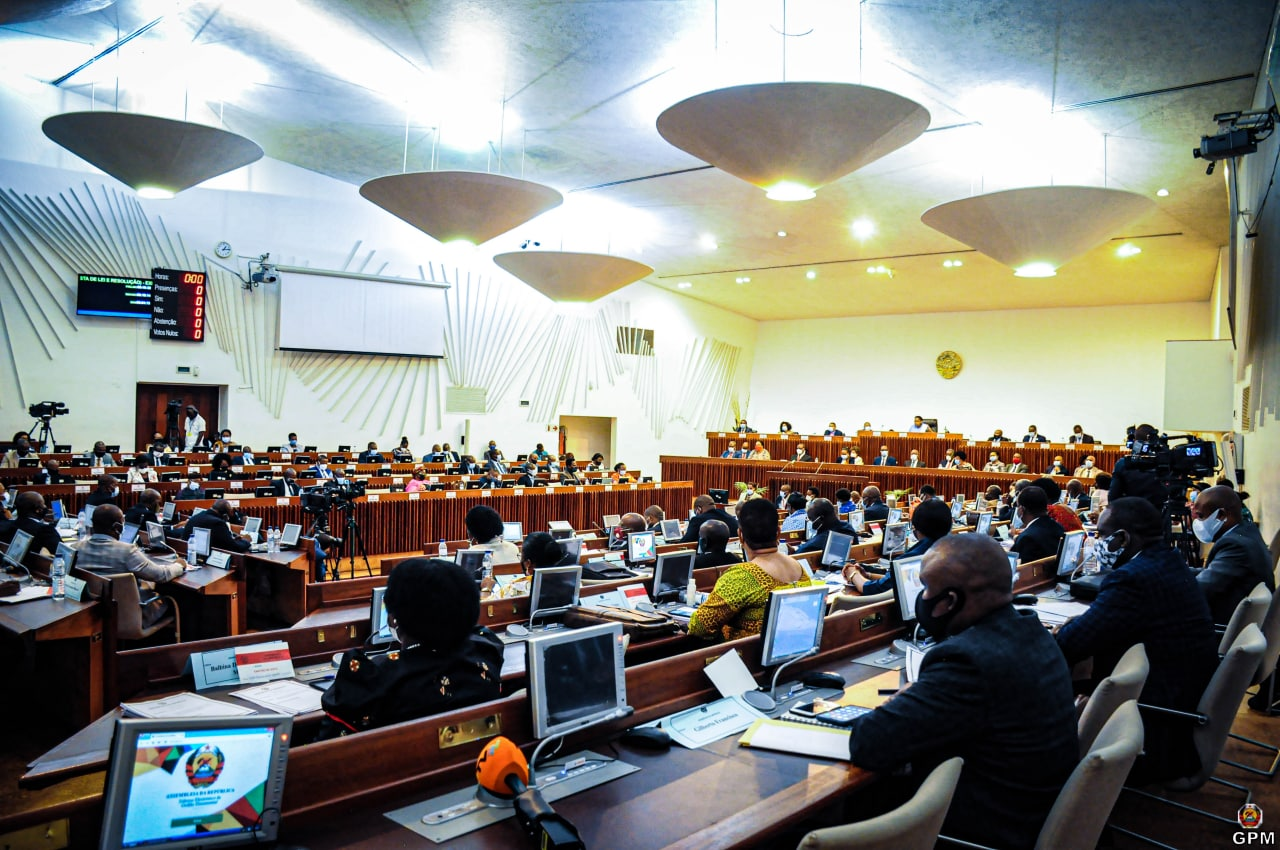Hello, and welcome to Zitamar’s free weekly newsletter — kicking off the week in Mozambique, and highlighting the best of our coverage from last week.
The weekend brought some good news for the Mozambique government: the IMF staff team has approved the latest review of Mozambique's performance under the Extended Credit Facility, after warning recently that a failure to get public salary spending under control could mean a delay in releasing the next $60.8m, and perhaps more importantly, the signal that IMF approval gives to various other institutions who provide finance to Mozambique.
We don't know yet what hoops Mozambique has jumped through to gain that approval, but we plan to ask the finance ministry today — and our subscribers will be the first to know, if and when we find anything out. Some further detail should also come from the IMF in the coming weeks. But for now, we have the euphemistic statement that Mozambique has agreed to “important reform measures” aimed at “achieving a more cost-effective provision of public services”.
We broke the news earlier today on our Telegram Channel — and on our new WhatsApp channel, for those of you who prefer the green app. Follow our breaking news there via this link:
There could be further good news on the way for the government, with a report from Bloomberg this morning that the European Union is considering not only renewing its €20m subsidy for the Rwandan forces in Mozambique, but doubling it to €40m. The decision remains controversial in Europe, and recent reporting has put the spotlight on reasons to be reticent; nevertheless, Rwanda is providing the most effective challenge to the insurgents in Cabo Delgado, an aim which the EU shares. Funding Rwanda now would also ensure they stick around through the presidential transition at the start of next year.
As ever, highlights of our paid-for content follow below. We are grateful to our paying subscribers who keep this corner of independent reporting on Mozambique going — and who ensure they stay ahead of the game in understanding what's happening in Mozambique.
Why not join them today?
Have a great week ahead.
Week in Review
Monday
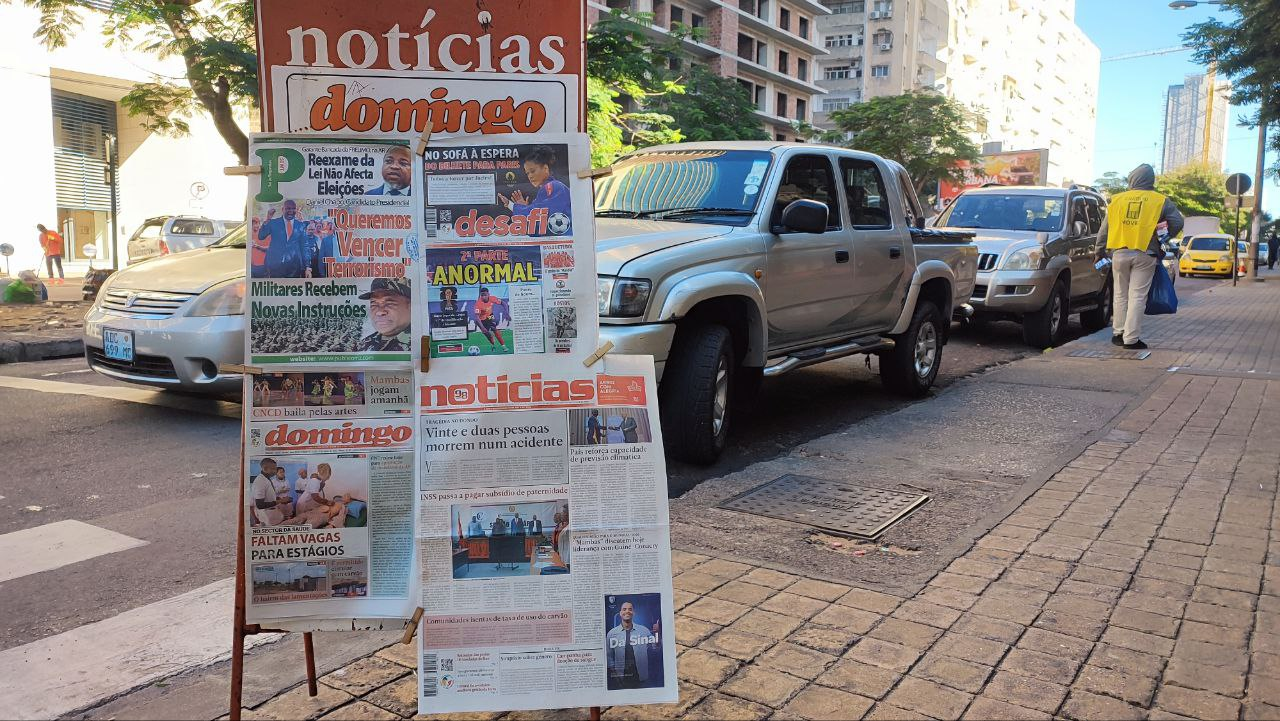
One common use of GDP is to simply gauge the health of an economy, and from there, to judge how well it is being managed. Governments bask in the glow of healthy GDP growth figures, and fret about them falling to zero or below.
[But] what ought to be the government's overriding economic priority? To judge by its own frequent pronouncements, eradicating poverty is probably the answer. So why not judge the government on progress in the fight against poverty, rather than GDP? Unfortunately, no reliable and regular measure of poverty exists in Mozambique. Filling that gap ought to be the next step.
Tuesday
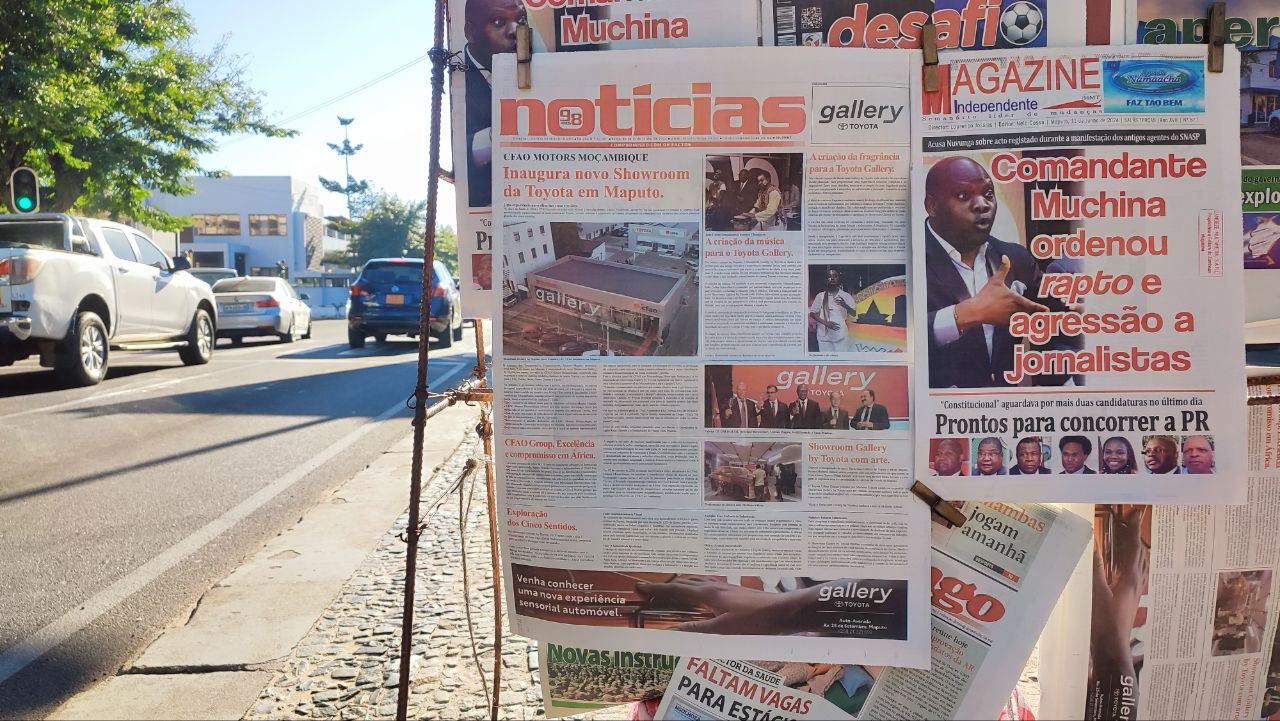
Methods like stuffing ballot boxes or rewriting the vote results sheets at the polling station have become harder to use without challenge in recent years, due to the increased presence of election observers and opposition party activists at polling stations. Ghost voters avoid this problem: they are registered behind closed doors, and their votes are added behind closed doors after polling ends and the votes are counted and tabulated. As a result, ghost voters have since the last set of national elections in 2019 become a crucial part of Frelimo’s vote manipulation toolbox.
The voter registration process throws up another problem. Part of the reason so many people register to vote is not because they actually want to vote, but because they need the resulting voter registration cards to apply for services like healthcare and education. That in turn is because so many people lack national identity cards. Identity cards could also be used for voting, and could be less open to fraud than voter registration cards. If Mozambique can register over 17m people every five years, why can it not issue everyone with an identity card, which does not need to be renewed so often?
Wednesday
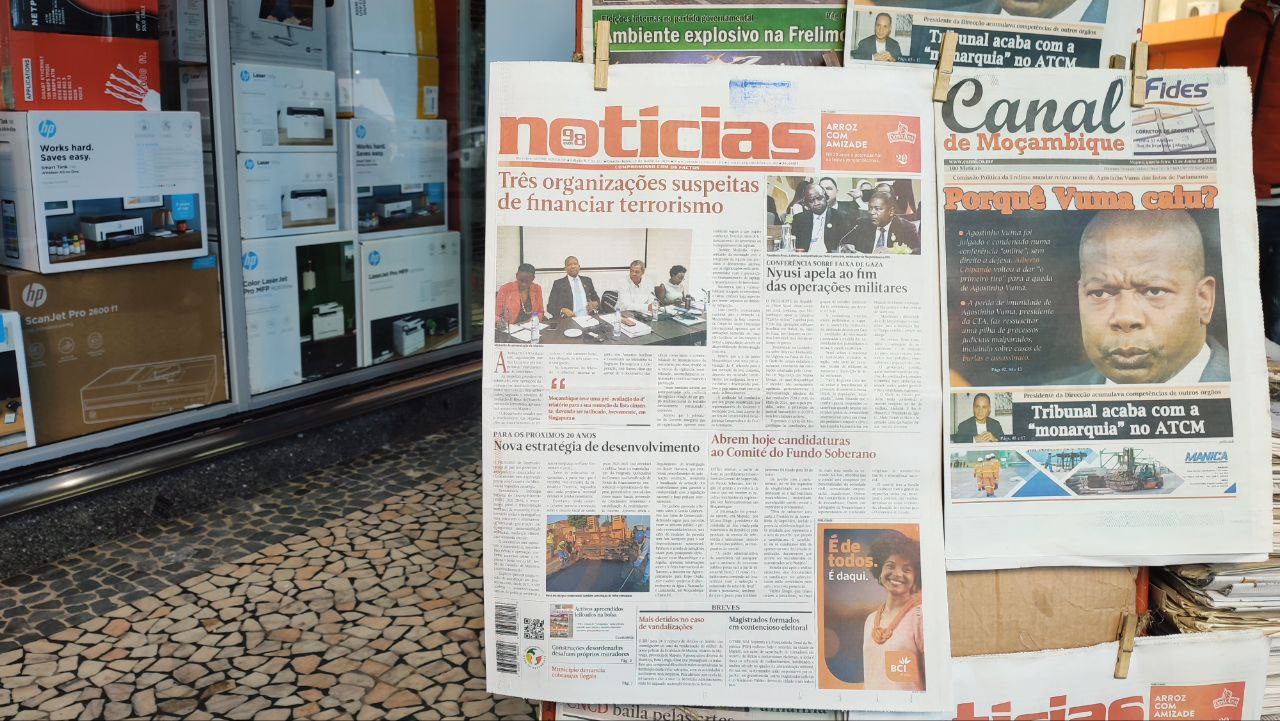
Frelimo is very happy to campaign outside the campaigning period, and to spend money which the other parties cannot match. Its presidential candidate, Daniel Chapo, began an official visit to Tanzania yesterday where he met Mozambicans living there (who can vote) and is due to have an audience with the Tanzanian president today, which will no doubt be publicised. This on top of Chapo’s recent tour of the provinces, where he has been frequently interviewed. None of this is illegal, but what is illegal is Frelimo’s use of government resources, such as cars, to campaign, something that the CNE has never complained about.
The CNE’s ignorance or subversion of the law is worrying and risks further damaging Mozambique’s chances of becoming a more democratic and pluralist country. Opposition parties need to find their voices and denounce these comments for what they are: interference in the democratic process.
Thursday
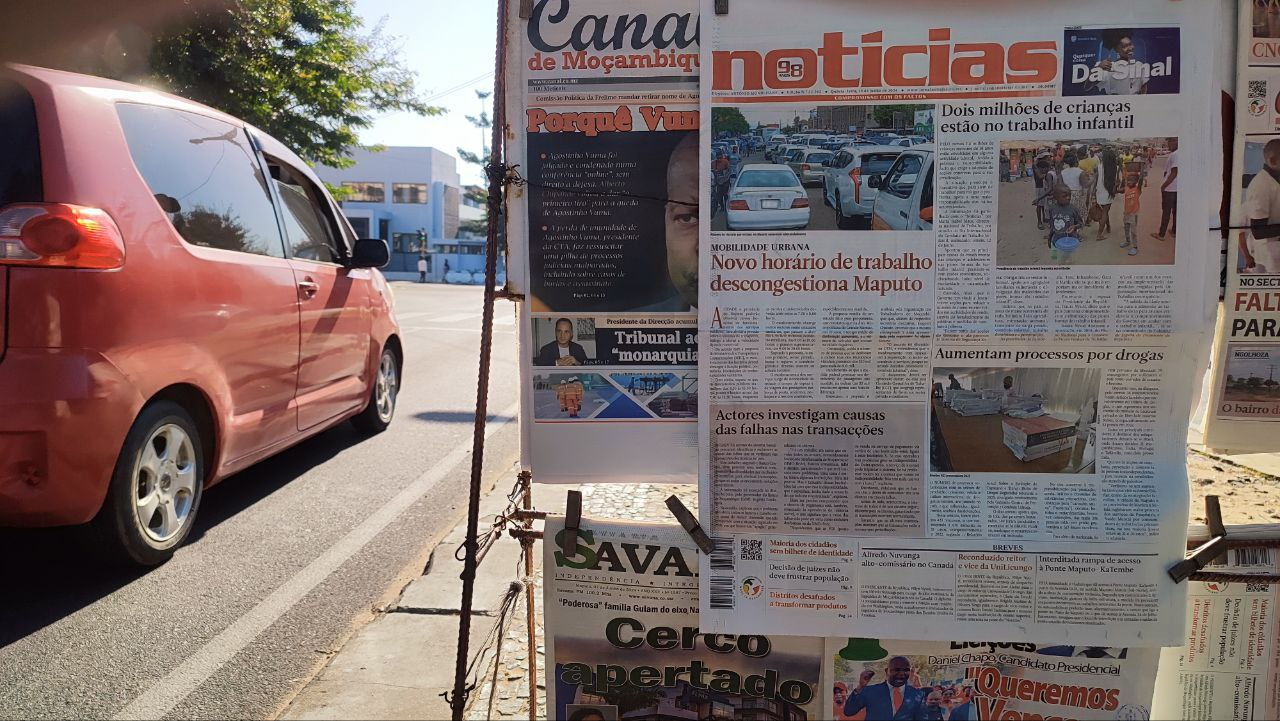
On the face of it, Beira is in a good position to handle exports from the landlocked countries of Zambia, Malawi and Zimbabwe, and it also exports minerals from the Democratic Republic of Congo (DRC). Dar es Salaam is a longer journey for goods from Zambia and Malawi, but Beira presents problems. Getting into Mozambique is the first one: the border posts of Machipanda with Zimbabwe, Zobue with Malawi and Kassacatiza with Zambia are too slow and multiple layers of bureaucracy have to be navigated. The government has made efforts in recent years to make cross-border trade more efficient, but there is still far to go. Plans are underway to set up one-stop border posts at all these places, but they will take years to implement. Lorries have to wait two days at Machipanda to cross.
Beira has considerable potential to be more of an export hub for southern Africa, taking advantage of the huge mineral traffic in the region (although it could never be a superport; the access channel is too narrow for the largest vessels). Realising that potential would require gradual investment, administrative reform, and, most difficult of all, tackling corruption and taking on the vested interests of Frelimo elites.
Friday
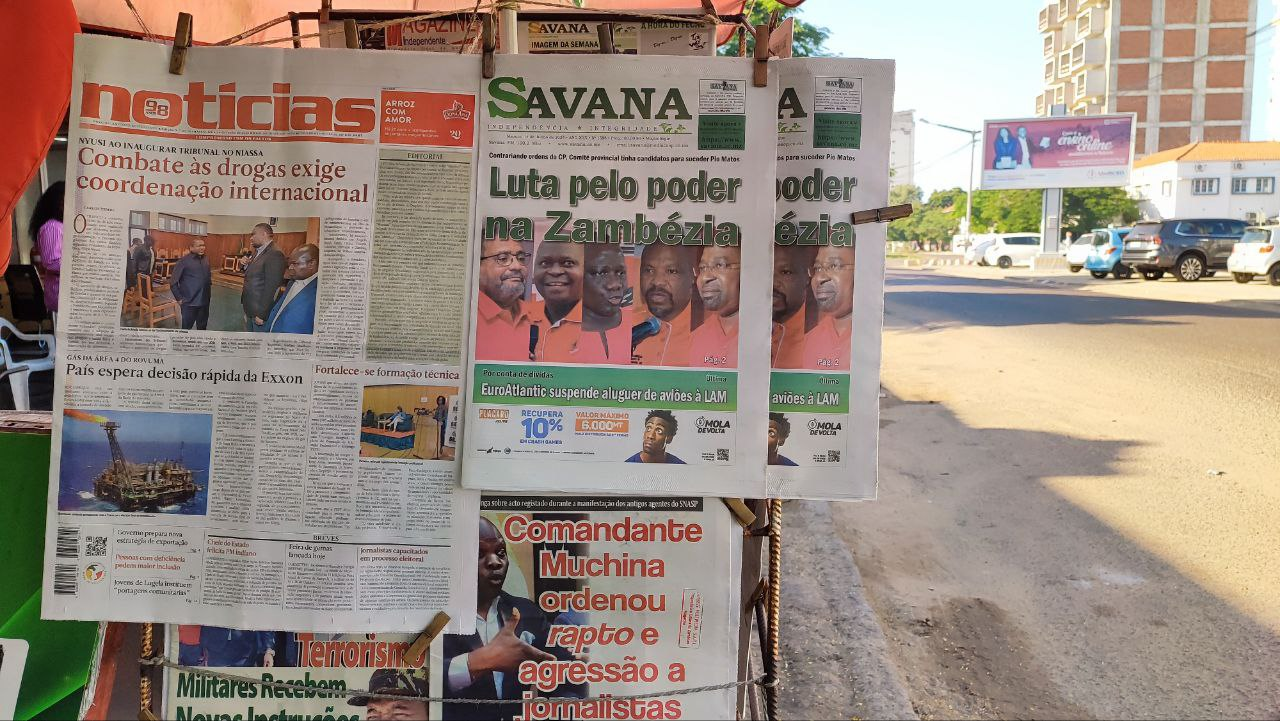
Eleven candidates seek to join presidential race (AIM)
The Constitutional Council has received 11 applications to be a candidate in the presidential elections on 9 October. They are Daniel Chapo from ruling party Frelimo; Ossufo Momade, of main opposition party Renamo; Lutero Simango of the MDM; Venâncio Mondlane of the Democratic Alliance Coalition; Mário Albino of Action of the United Movement for All-Round Salvation; Miguel Mabote of the Labour Party; Domingos Zucula of the Ecology Party; Dorinda Eduardo of Recovery of Mozambican Unity; Feliciano Machava of the Movement for Development and National Reconciliation; Rafael Bata of the United Republican Party of Mozambique; and Manuel Carlos Dias, whose party could not be ascertained. The council is to check the documentation before approving the candidates and drawing lots for their places on the ballot paper.
It remains to be seen if Frelimo will allow Mondlane to stand. He poses a threat not only to Ossufo Momade but also, potentially, to Frelimo as well, as both he and Chapo are fresh faces in this year’s election.
For more on this topic:
